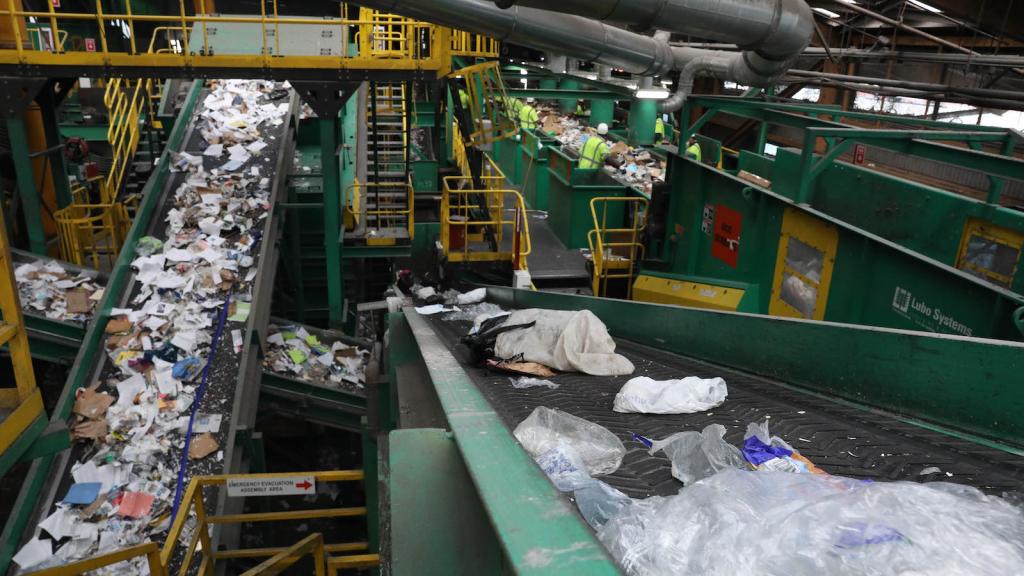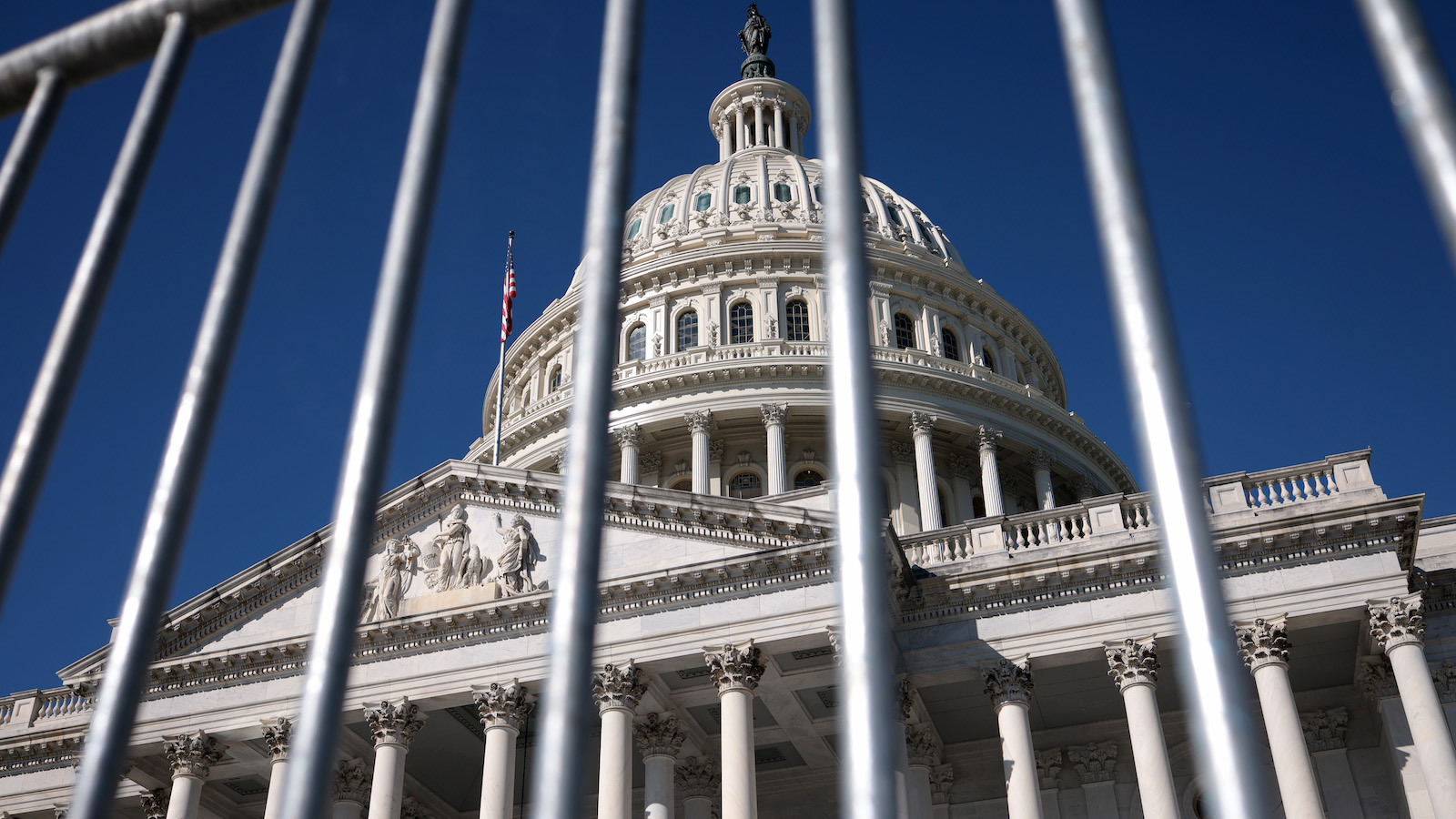Folded into the Democrats’ multitrillion-dollar budget reconciliation package is some of the U.S.’s most far-reaching climate legislation ever. Even scaled back from its originally proposed size of $3.5 trillion, the bill could go a long way toward helping the nation meet the Paris Agreement goal of limiting global warming to 1.5 degrees Celsius (2.7 degrees Fahrenheit).
But corporate opposition has been fierce. In recent months, powerful lobbying groups have unleashed a storm of advertisements, reports, and targeted donations meant to stop the package from passing. And while many of these efforts have been spearheaded by the usual suspects — Koch Industries front groups, for example — others have been quietly backed by the U.S.’s largest and ostensibly greenest companies.
Disney, AT&T, Deloitte, United Airlines, and some of the country’s biggest tech firms — including Apple and Microsoft — are among dozens of the country’s most powerful corporations helping to block the passage of President Joe Biden’s landmark climate legislation, according to a new report from the corruption watchdog group Accountable.US. Their contributions to groups like the U.S. Chamber of Commerce — which is fighting tooth and nail against the reconciliation package — are undermining what many advocates have called our “last shot” for meaningful climate policy during this decade.
“It’s very disappointing to have so many major corporations in this country — who claim to be shoulder-to-shoulder with people in the fight against climate change — backing these groups,” said Karl Frisch, a spokesperson for Accountable.US.
The report highlights the discordance between companies’ public-facing climate commitments and the actions of their lobbying groups. Amazon, for example, in 2019 unveiled plans to reach net-zero greenhouse gas emissions 10 years before the Paris Agreement deadline of 2050, and later renamed a Seattle hockey arena after its ostentatious “climate pledge.” But its CEO, Andy Jassy, sits on the Business Roundtable, a group that has called the budget bill’s tax provisions “troubling” and has mounted what it calls a “significant, multifaceted campaign” to oppose them. Apple, Google, and Microsoft also have CEOs on the Roundtable.
Much opposition targets the package’s tax policy, including proposals to increase the corporate tax rate to 26 percent from its current 21 percent, and to increase the capital gains tax rate from 20 percent to 25 percent. According to the Chamber of Commerce, such tax increases — which Democrats want to use to fund the expansion of the social safety net and allow for a substantial rise in climate-related spending, including a program to incentivize utilities to transition to clean energy sources — would “halt America’s fragile economic recovery.” The Business Roundtable agreed, adding that it would “dramatically” increase inflation.
David Arkush, director of the nonprofit Public Citizen’s climate policy program, said he suspected that the fossil fuel industry was driving these groups’ advocacy. “Industry association positions are often set by the highest bidder,” he wrote in an email to Grist, adding that “taxes are just a neutral-sounding excuse.” ExxonMobil, BP, and Chevron are among the companies represented by the Chamber of Commerce and Business Roundtable.

In response to a request for comment on Accountable.US’s report, the Chamber of Commerce referred Grist to a blog post calling the reconciliation package an “everything but the kitchen sink collection of bad policies.” The post reiterated the Chamber’s support for market-based climate policies like a border carbon adjustment mechanism. The Chamber did not respond to a question asking whether fossil fuel interests are driving its policy positions.
Joshua Bolten, CEO of the Business Roundtable, told Grist that all of the group’s members support climate action but that there was “no policy reason to link strong action to address climate change with unrelated, harmful tax policy,” which he said would make climate investments more difficult. Bolten’s statement did not address the fossil fuel industry’s alleged influence over the organization’s policy positions.
This isn’t the first time that leading companies have been criticized for the chasm between their actions and their public-facing climate pledges. In January, a report from the nonprofit InfluenceMap found that the so-called “Big Five” tech companies — Amazon, Apple, Facebook, Google, and Microsoft — had spent only 4 percent of their 2020 lobbying dollars on climate-related policy at the federal level, despite significant rhetorical commitments to sustainability. The tech companies’ advocacy for climate policy has actually dropped off since January, according to a September update from InfluenceMap, meaning that some of the world’s most powerful companies are doing even less to realize the climate-safe future they have so heavily advertised with their pledges to go “carbon neutral” and “carbon negative.”
Bill Weihl, executive director of ClimateVoice, an initiative asking tech companies to use 20 percent of their lobbying dollars to advocate for climate-related policies, said he’s noted the trend with deep concern, especially amid efforts to scuttle the reconciliation package.
“We’re in the middle of a political battle over major federal climate legislation,” he said. Although he appreciated statements made over the weekend by Amazon and Microsoft expressing their support for some of the bill’s climate policies, he said their ongoing lobbying group memberships undermine their statements. “We need them to really step up and repudiate what their trade associations are doing, and lobby really hard for bold policy,” he said. So far, Apple is one of the only major companies to have ever left a trade organization — the Chamber of Commerce — for its stance on climate change.
Neither Apple nor Google responded to Grist’s request for comment. Microsoft referred to its blog post on the spending package, and an Amazon spokesperson said the company supported the package’s investments “to lower emissions in key sectors like energy and transportation,” and that it would be willing to pay a higher corporate tax rate.
With a vote on the spending package now subject to negotiations between the White House, progressives in the House of Representatives, and centrists in the Senate, advocates want companies to seize the opportunity to demonstrate their support for transformative climate policy.
“If these companies are legitimately concerned about the climate crisis, as they say they are, they should have no business being members of the Business Roundtable or Chamber,” Frisch said, “or any of these groups that are fighting the bill.”



